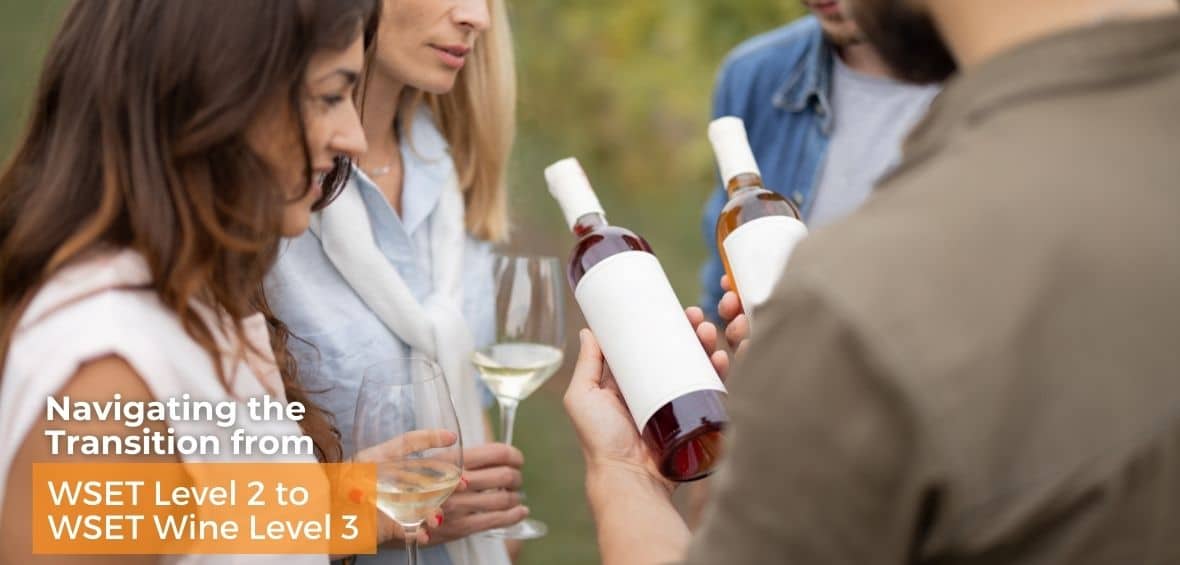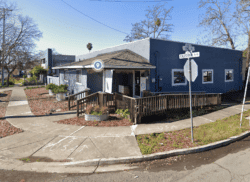Before I sat for my first formal wine course, in Napa Valley, I would have claimed that the answer to the above question is purely subjective.
A certain consumer might love Chardonnay but detest Merlot, so how could that person possibly make any objective statements about the quality of a Duckhorn Merlot, for example?
Even if that same consumer were able to learn to evaluate the Merlot in terms of its alcohol, acidity and tannin (high, medium, low), there is still the unavoidable hedonistic factor.
One of the goals of the Napa Valley Wine Academy is to train students to assess a wine’s quality in a way that does not dismiss the hedonistic factor but empowers them to hold it at arm’s length.
This frees the student to make the following objective “quality” judgments.
1) Does the wine exhibit varietal character or typicity?
Quite simply, a Chardonnay should taste and smell like Chardonnay. A Nebbiolo should taste and smell like Nebbiolo. Each varietal has at least one or two identifying factors that set it apart, regardless of the part of the world in which it is produced.
Syrah, for example, can easily be ripened to a point where the finished wine might resemble a Merlot or a Cabernet Sauvignon. Would this ultimately be a good Syrah? Not likely.
2) Does the wine exhibit balance?
In most cases a wine cannot be considered good if its components do not fit together harmoniously – acidity, tannin (in reds), alcohol, fruit and oak (if applied). A wine with extreme tartness will likely always be extremely tart. Such a wine would not be considered good.
It is true that some of the great red wines of the world are quite tannic in their youth. Does this automatically make them bad? Not necessarily. An experienced taster is usually able to detect potential underneath the tannin. Does the wine at least have a firm mid-palate, where a core of fruit sits ready to be unleashed? If so, then one could argue that the wine is not “bad.”
Many good wines and all great wines have the ability to mature, and with practice, it becomes easier to identify which wines occupy these categories.
3) Does the wine smell and taste like it is the product of a particular place?
This takes the most time and effort to add to the taster’s repertoire. Let’s begin with an example.
Chablis, a very cool region north of Burgundy with fossilized oyster shells in its soil, is famous for producing Chardonnay-based wines with a flinty minerality, firm acidity and fruit reminiscent of slightly underripe green apple and lemon.
A Chardonnay labeled Chablis should not taste like a Chardonnay labeled Carneros. This is not to say that Carneros Chardonnay is inferior to Chablis, just that each area’s terroir should be evident in the finished wine.
Good (and great) wines are always tied to a particular place on earth. Without this grounding, a wine loses that singular nuance that makes it worthy of respect.
While there are certainly other criteria that can be used to separate good wines from the not so good, most professionals consider foundational the three mentioned above.
Post by Peter Alig, CWP













